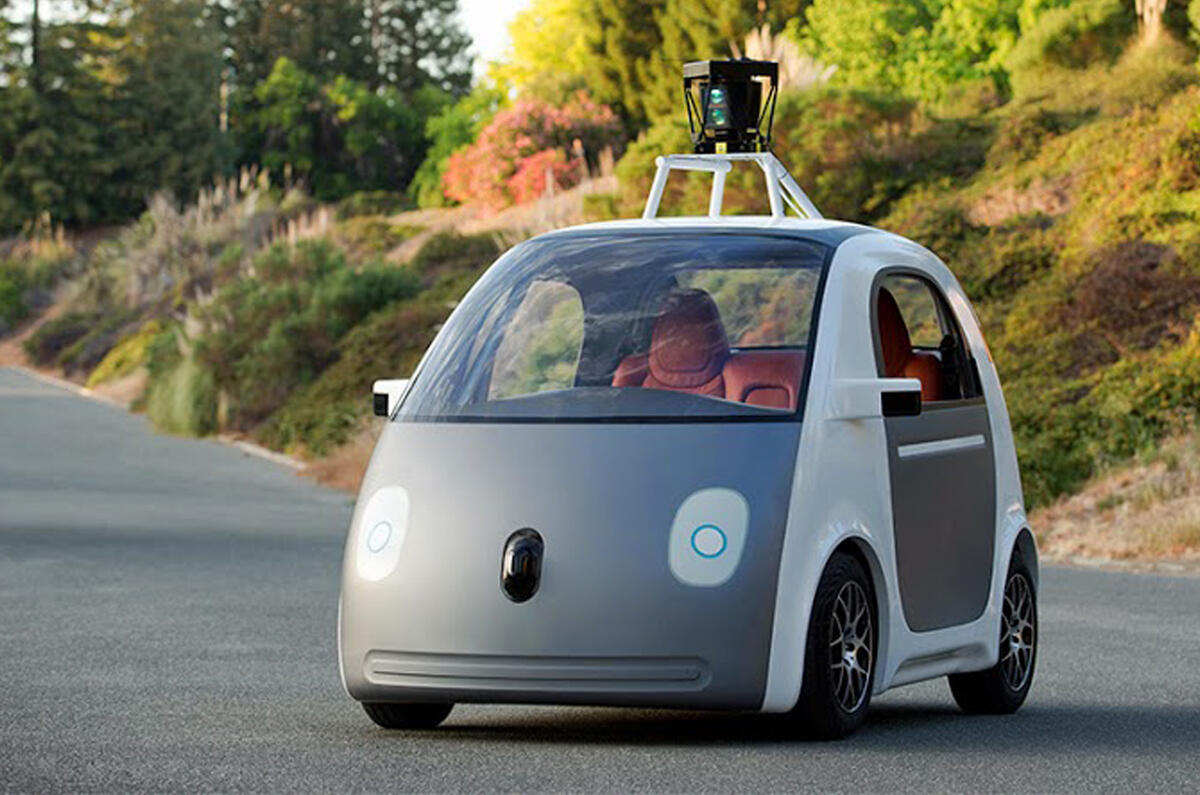Are you bored of the near-endless media coverage given to autonomous vehicles? If you like cars and enjoying driving (at least most of the time), I wouldn't blame you.
Somewhere along the line, the press, car company bosses and investors have all decided that autonomous vehicles are the future. The upshot is that there’ll be plenty more of the kind of excitable coverage given to the launch of Google’s Waymo autonomous driving spin-off.
Not to be outdone, Volvo and its partner Uber also managed to get one of its autonomous XC90s onto the streets of San Francisco, even though the vehicle appeared to lack the correct Californian permit.
There are a number of reasons why self-driving vehicles have captured global imagination. Firstly, the car has not undergone the kind of technical revolution that was seen in communications technology. We’re still sitting in metal boxes, manually rowing them through the traffic. So many in the general media think autonomy is bound to be the long-awaited automotive ‘big bang’.
Also, a few years ago the car industry convinced itself that young people would not learn to drive or would never own a car. That’s why so much effort was put into urban car-sharing schemes.
Then Uber appeared and used smartphone apps to enable people in cities to locate and hail a private hire vehicle with great ease. Uber’s rocketing popularity could be seen as proof that urban dwellers would not have to learn to drive and not even have to bother with car sharing.
Of course, Uber’s popularity might also be underpinned by low pricing which some analysts claim means the company is losing significant amounts of cash. And one answer to that claim is to get rid of the expensive and mistake-prone drivers and robotise the operation by developing self-driving cars.
But perhaps the most important reason that autonomous driving technology has got so much traction is that global investors are keen to take a stake in what looks like the re-invention of urban transport.
Any automotive company investor relations department worth its name is telling board members that they have to be involved in autonomous technology or risk giving the impression they are not serious about the future.
I can also quite see that when the ultimate tech company - Google - gets involved, investors fully expect to see the automotive companies running to catch-up this ‘guaranteed’ revolution. That the markets value Uber at £53bn gives you some idea of how committed investors are to the idea of a transportation revolution.
Personally, I don’t buy it. I wonder how the technology developed by Google’s Waymo project might be incorporated into mainstream vehicles? For a start, are Google maps accurate enough to place a vehicle to within an accuracy of 10cms on the earth’s surface? Anything less could not be regarded as safe enough for use on city streets.




Join the debate
Add your comment
The future is autonomous?
The future of personal transport is up for grabs but cities and towns will increasingly be held responsible for their air quality and operational effectiveness, autonomous vehicles and vehicle sharing can make a positive contribution to both objectives.
However, this doesn't mean enthusiasts will lose the right to enjoy their cars but some areas will be closed or restricted to them. Equally, there are issues with an autonomous vehicles free for all and public security issues will need to be addressed.
Bored
I don't see autonomous as an issue.
Good article. Stirred some useful debate.